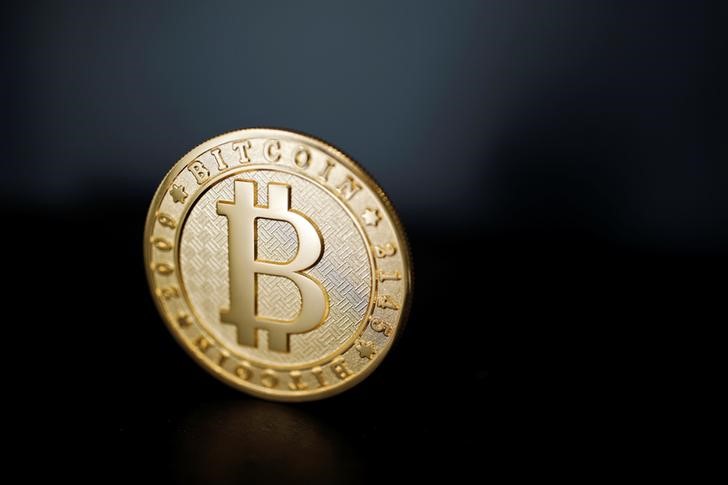Blockchain is a peer-to-peer network of connected nodes, or blocks, linked together by cryptography. It is the technology that powers cryptocurrencies like bitcoin and Ethereum. Every transaction in this ledger is validated and protected against fraud by the owner's digital signature, which also serves to authenticate the transaction. It is very secure and decentralized. The blockchain's features guarantee that any copy of the data is always accessible, verifiable, and reliable.
Blockchain is one of the biggest technological breakthroughs since the internet, and it has the potential to improve many aspects of daily life, including healthcare. For instance, blockchain might be used by government agencies that deal with sensitive personal health information to keep such information on a secure network and enable communication between the civilian population and healthcare providers. Another aspect would be identity management and verification. The organization of this data as nodes on a blockchain increases the security, speed, and accuracy of these procedures.
However, one thing that could really do with being overhauled & improved is the U.S. retirement system. Poor management, limited mobility, a lack of trust, an excessive number of stakeholders, and a lack of transparency are just a few of the problems that pose a threat to the ability of a sizeable percentage of the population to live peacefully during retirement. The problems are myriad; however, let’s consider one significant part: 401(k) retirement savings accounts.
Blockchain could change the way US manages 401(k)s. First, having everything stored in one easy-to-access place would give people a clearer picture of their retirement assets and perhaps incentivize them to invest more. In the U.S. currently, it is essentially up to employees to keep track of their past contributions. There is no pension database that keeps track of workers’ total amount paid or someone who takes care of making sure retirement savings move where the employee goes. Currently, individual needs to rely on completing & filing complex forms & maintaining their own records over decades. A blockchain-based system would instead allow employees to have all retirement accounts in one easy-to-access place.
Couple this will the current lack of faith in the financial institutions that manage retirement plans due to a lack of transparency. A shared decentralized ledger could perhaps help to remedy this problem. A better-informed population would also be more likely to make smarter investment decisions, driving economic growth not just for themselves but in the markets overall. Additionally, incorporating blockchain into this system would result in speedier turnaround times and potentially lower transaction costs, improving service delivery, as blockchain doesn’t require a third-party intermediary to validate transactions. Finally, blockchain technology is more difficult to hack. Information on the blockchain network is in a shared database that exists on millions of computers rather than in one central location. That decentralized structure makes it more difficult for any person to penetrate the network & steal data or funds.
In sum, blockchain has the potential to vastly disrupt the American retirement system in a positive way. As things stand, blockchain still has some hurdles to overcome before becoming ready for the mainstream. One of them, if not the most important one, is the lack of government policy. Adequate& appropriate government regulation would create an incentive for investments in blockchain technology and it would also build trust around it, making its widespread adoption easier. Like anything, it will flourish under a supportive political climate, a corporate ecosystem prepared to take advantage of the fresh opportunities that technology creates, and an appropriate industry mix.
